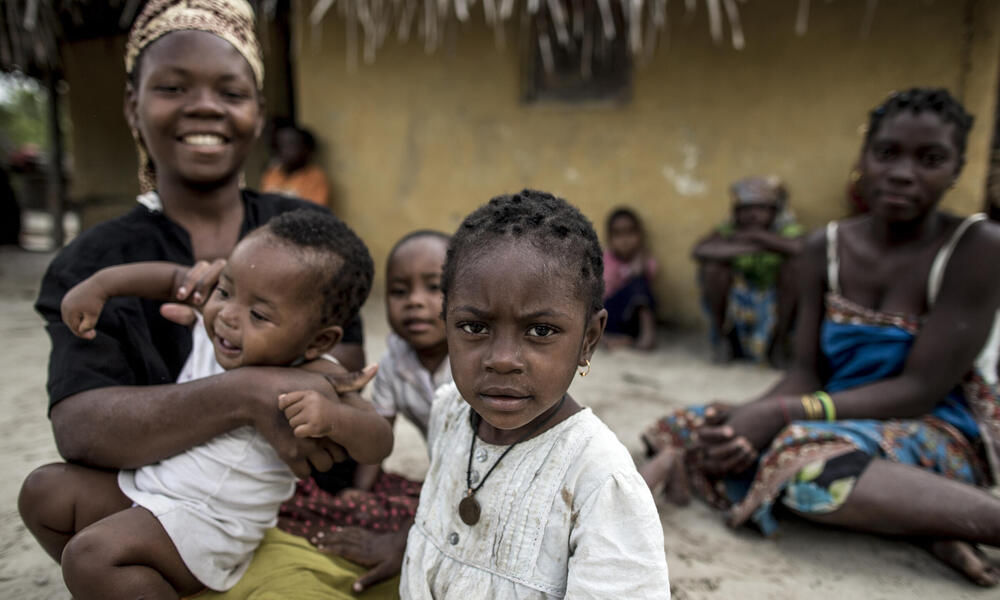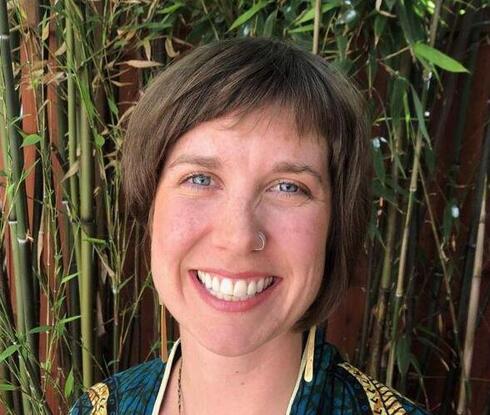A sociologist by training and WWF’s lead on socially inclusive conservation, Althea Skinner is one of WWF’s core experts on the intersection between conservation and human rights. Learn how she is helping us ensure that that people’s desires, needs, and rights are protected and incorporated into everything we do.
Q. How did you begin working at the intersection of gender, human rights, and conservation?
A. I’ve been active in advancing the rights of women and LGBTQ folks for a long time. In college, a focus of my sociology degree was the study of women and gender. Through my thesis, I landed in the home of an indigenous woman in northern Chile. Gladys had been forced to migrate from the high plains of the Andes to a small city, where she faced both poverty and discrimination. Glady’s ancestral community’s land rights were secure, but legal boundaries had been created without regard for the protection of wetlands on which her traditional herding livelihood depended—and she was forced to move. She taught me that human rights, especially for the most vulnerable women and groups, is inextricably linked to natural resource rights; and natural resource rights can only provide for people if the underlying ecosystems are well managed. Ever since, I’ve dedicated myself to advancing the linked goals of human rights and environmental sustainability.
Q. What are your key priorities here at WWF?
A. I have two main roles at WWF: Since 2011 I’ve been a part of the CARE-WWF Alliance, a global partnership dedicated to addressing the linked challenges of poverty, women’s marginalization, food insecurity, and environmental degradation. My primary role with the Alliance is to monitor and evaluate the social and ecological systems where we work—and to understand our impact in those places. I work closely with staff in Mozambique, Tanzania, and other countries to provide guidance and support as we design and learn from our linked social and environmental efforts.
Since 2019, I have also supported the rollout of WWF’s new Environmental and Social Safeguards Framework in the landscapes and seascapes where we work. In the past few months, I’ve helped WWF staff in the Arctic, the Northern Great Plains, and Latin America to analyze the nature and severity of the unintended risks—to people and the environment—that can arise through well-intentioned conservation work. Essentially, that means we examine our work with partners, including indigenous peoples and local communities, to ensure that our conservation approaches respect their rights and protect their traditional, often resource-dependent, livelihoods. Then we develop plans to mitigate whatever risks we’ve identified.

